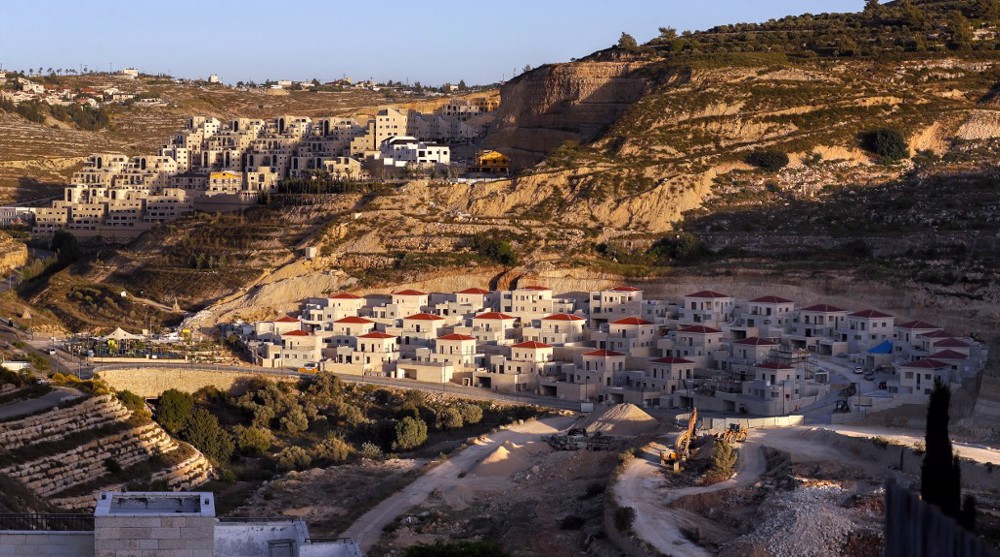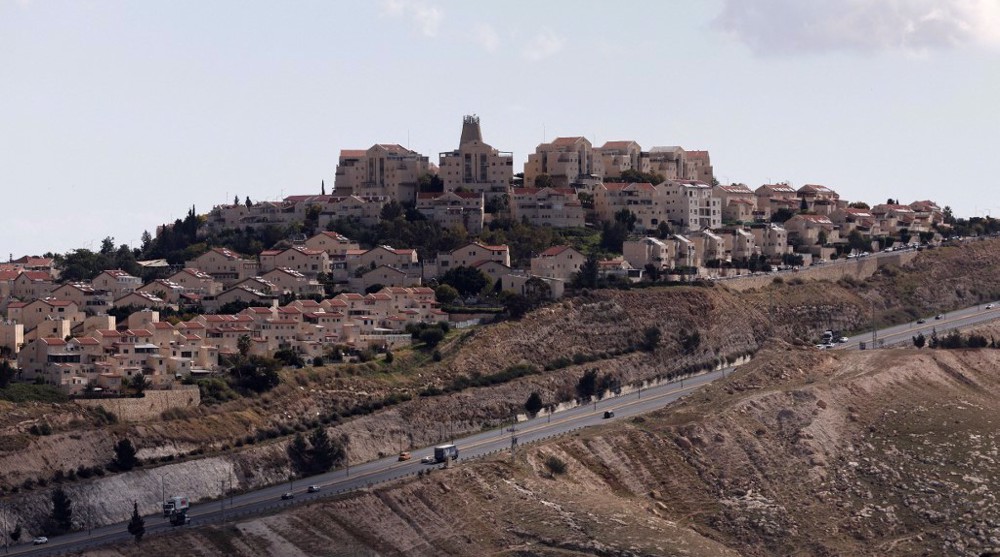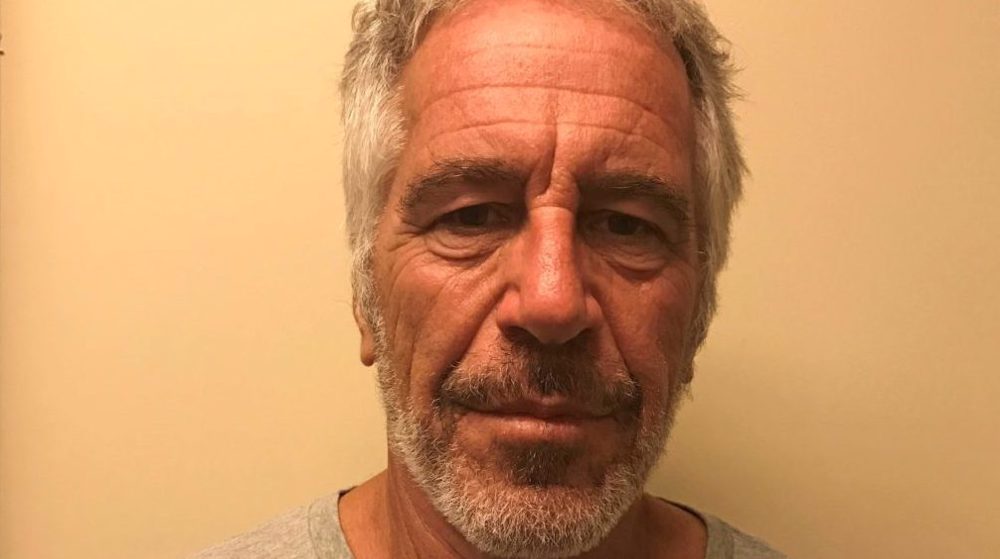UN Security Council issues anti-Israel statement, says settlements 'impede peace'
The United Nations Security Council has blasted Israeli plans to expand illegal settlements on the occupied Palestinian territories, warning that such measures would "impede peace" and inhibit the so-called two-state solution.
The 15-member council issued a formal statement on Monday and expressed its "dismay" with plans by Israeli Prime Minister Benjamin Netanyahu’s hardline cabinet to legalize settlements in the occupied Palestinian territories.
“The Security Council reiterates that continuing Israeli settlement activities are dangerously imperiling the viability of the two-state solution based on the 1967 lines," said Vanessa Frazier, the permanent representative of Malta to the United Nations.
"The Security Council expresses deep concern and dismay with Israel's announcement on February 12,” Frazier added, referring to the date when Netanyahu’s extremist cabinet gave authorization to the erection of nine settler outposts in the occupied West Bank.
Following the Council statement, the US representative to the world body was also compelled to oppose the Israeli settlement plans and the occupying regime’s February 12 announcement.
"These unilateral measures exacerbate tensions. They harm trust between the parties. They undermine the prospects for a negotiated two-state solution. The United States does not support these actions full stop," US Ambassador to the United Nations Linda Thomas-Greenfield told the 15-member council.
The UN Security Council statement is supported by all 15 members, but does not have the binding force of a resolution considered last week, which called on the Israeli regime to “immediately and completely” end its settlement expansion activities across the occupied Palestinian territories.
The draft condemned “all Israeli settlement activities and all other unilateral measures aimed at altering the demographic composition, character and status of the Palestinian Territory occupied since 1967,” including East al-Quds, including, inter alia, “the construction and expansion of settlements, transfer of Israeli settlers, confiscation of land, demolition of homes and displacement of Palestinian civilians.”
The resolution also reaffirmed that the establishment by Israel of settlements in the Palestinian territory occupied since 1967, including East al-Quds “has no legal validity and constitutes a flagrant violation under international law.”
The last time a resolution against Israel on its illegal settlement activities was passed by the Security Council was in December 2016. Fourteen of the body’s 15 members threw their weight behind the measure while the US, under then president Barack Obama, decided to abstain in order to allow the resolution to pass.
Tel Aviv has stepped up its efforts to expand the illegal settlements since late December when Netanyahu staged a comeback as the regime’s prime minister at the head of a cabinet of hard-right and ultra-Orthodox parties.
On January 25, Israeli sources said that Netanyahu’s cabinet was planning to increase the number of settler units by a whopping 18,000 in the coming months.
More than 600,000 Israelis live in over 230 settlements built since the 1967 Israeli occupation of the West Bank and East al-Quds.
The international community views the settlements – hundreds of which have been built across the West Bank since Tel Aviv’s occupation of the territory in 1967 – as illegal under international law and the Geneva Conventions due to their construction on the occupied territories.
The UN Security Council has condemned Israel’s settlement activities in the occupied territories in several resolutions. The regime’s unabated construction campaign comes while the Palestinians have historically demanded that the West Bank serve as part of their future state with East al-Quds, which is located inside the territory, as its capital.
VIDEO | Press TV's news headlines
VIDEO | Chaos by design
Banned US thermal bombs 'vaporized' thousands of Gazans: Report
Leader hails Iranians for disappointing enemies with multimillion rallies
VIDEO | 'Land of Angels' sweeps 44th Fajr Film Fest. awards
Iran dismisses claims of detainee rights violations as ‘psychological warfare’
VIDEO | The business of humanity
VIDEO | 47th anniversary of Islamic Revolution marked in Russia











 This makes it easy to access the Press TV website
This makes it easy to access the Press TV website